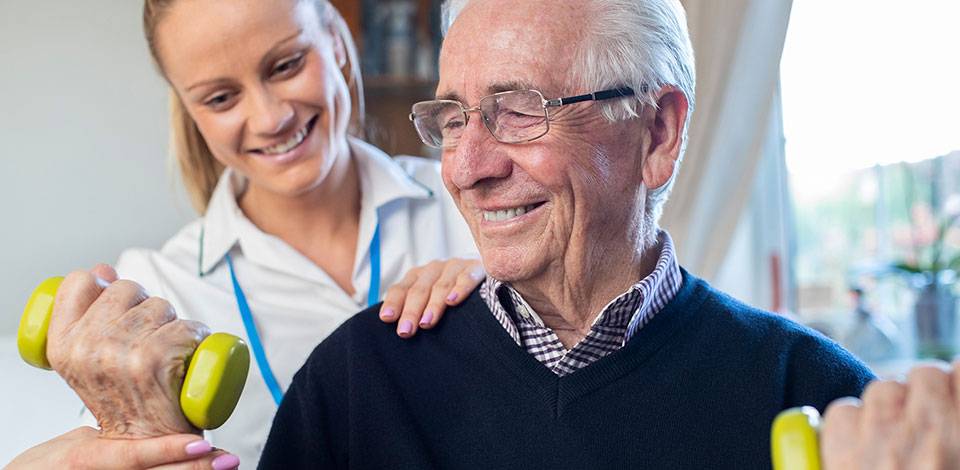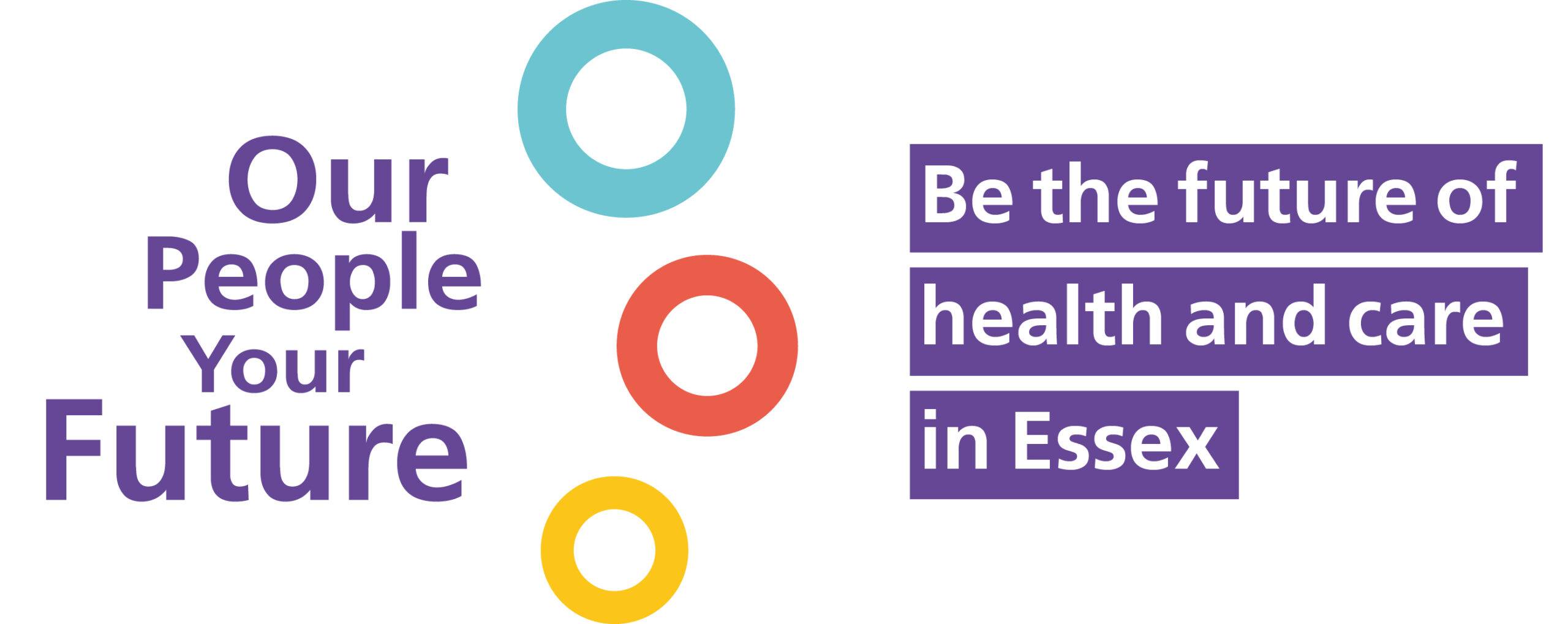
Allied Health Professionals
Allied Health Professions (AHP’s) are the third largest workforce in the health and care sector and is an umbrella term used to describe a group of 15 different professions that play a vital part in treating, rehabilitating and improving the lives of adults and children.
As an allied health professional you’ll be able to help patients in ways that few other healthcare professionals can, whether that’s by helping someone learn to walk again or fixing a child’s squint.
You’ll work alongside a multidisciplinary team of doctors and nurses, in a range of settings including hospitals and patient’s homes, as you help patients overcome obstacles, both mentally and physically.
Radiography
There are two types of Radiographers, Diagnostic and Therapeutic.
As a Diagnostic Radiographer you’ll carry out imaging examinations essential to the diagnosis, treatment and monitoring of disease and injury. Through the use of radiation they produce images which they evaluate and interpret normal and abnormal appearances.
As a Therapeutic Radiographer, you’ll be part of a team helping people who are dealing with cancer. Based in a hospital, you’ll work with patients and colleagues to design treatment programmes and support patients until their treatment ends. From taking an initial X-ray, to using a CT scanner, you’ll use some of the most complex and advanced technology to treat tumours.
Paramedic
A paramedic is a health care professional whose primary role is to provide advanced emergency medical care for critical and emergency patients who access the emergency medical system.
For more information, please see our Ambulance Service Page
Podiatrist
Podiatrists specialise in the foot, ankle and leg, leading the patient care through the whole journey including prevention, diagnosis and treatment.
Physiotherapist
Physiotherapists are professionals who specialise in treating injuries and conditions that impact movement. They’ll focus on exercises to maximise movement to improve the health and wellbeing of patients.
Occupational Therapist
Occupational therapists are health care professionals who specialise in helping people with health issues that affect everyday activities such as their jobs, hobbies, social activities, getting around caring for themselves in their home, and much more.
Prosthetists
Prosthetists create and fit artificial replacements for patients who are missing a limb.
Orthoptist
Orthoptists are eye health professionals who care for a range of patients with eye disorders. They play a crucial role in the detection, diagnosis and management of eye diseases in both adults and children. Orthoptists specialise in a variety of areas including: Children’s vision and eye movement disorders.
Speech and Language Therapists
Speech and language therapists provide life-changing treatment, support and care for children and adults who have difficulties with communication, eating, drinking and swallowing.
Dietician
Dieticians are qualified and regulated health professionals that assess, diagnose and treat dietary and nutritional problems. They use scientific research and interpret findings into advice to enable people to make appropriate lifestyle and food choices.
Operating Department Practitioner (ODP)
An ODP is a vital part of the operating theatre team, providing a high standard of care to patients of all ages, at every stage of their operation. They can work in three key areas; anaesthetics, surgery and recovery.
Art/Drama/Music Therapist
Therapists use their chosen art form as an intervention to help people to alleviate and overcome physical, mental and emotional difficulties.
Osteopaths
Osteopaths take a holistic view of the structure and function of the body to diagnose and treat a wide variety of medical conditions. They detect, treat and prevent health problems by moving, stretching and massaging a person’s muscles and joints.
For further information on any of these careers please click here Health Careers (opens in a new window)
Entry Requirements
The main route into becoming an allied health professional is by taking a degree. Healthcare degrees are a hands-on, dynamic way of learning that will give you experience like no other. You are likely to need 2-3 A Levels or equivalent qualifications.
Degree Apprenticeship
For some AHP roles, you can train through a degree apprenticeship. This involves a combination of academic study and practical, paid employment, and typically lasts around four years.
Useful Resources
The Health and Care Professions Council (HCPC) (opens in a new window)
csp.org.uk (opens in a new window)
Royal College of Occupational Therapists (rcot.co.uk) (opens in a new window)
bda.uk.com (opens in a new window)
rcpod.org.uk (opens in a new window)
Health Careers Special – The WOW Show (opens in a new window)
